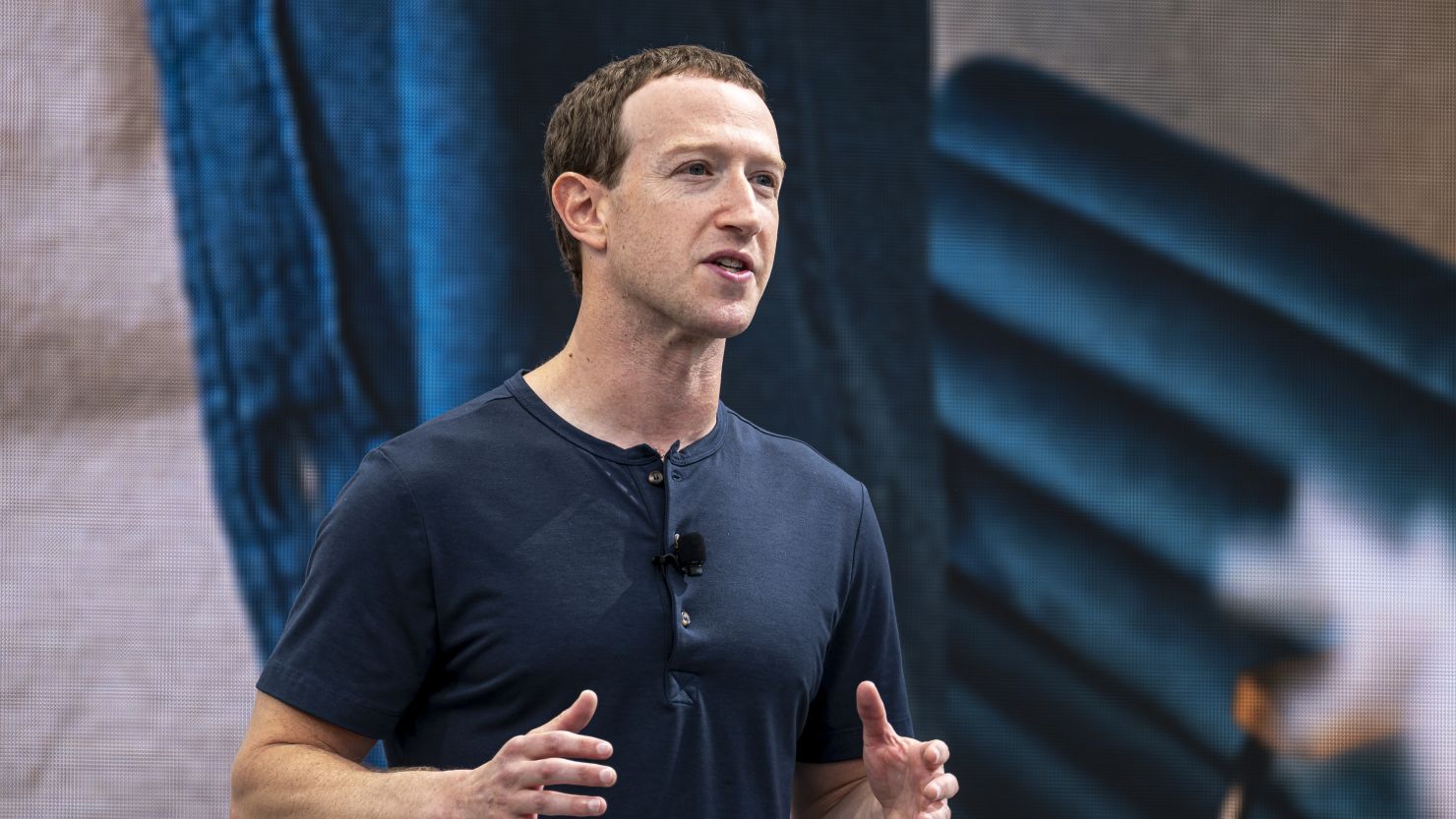Elon Musk’s high-profile acquisition of Twitter, now rebranded as X, has dramatically intensified his public conflict with Mark Zuckerberg, CEO of Meta, while Jeff Bezos watches the transformation of traditional media from a different vantage point. This unfolding media rivalry highlights three contrasting approaches to controlling the future of communication and public discourse.
Musk vs. Zuckerberg: The Battle for Social Media Dominance
Since Elon Musk took over Twitter, he has positioned the platform as a bold alternative to Zuckerberg’s Meta properties, Facebook and Instagram. Musk has openly criticized Meta’s approach to content moderation, accusing the company of censorship and restricting free speech. In contrast, Musk promised that X would become a digital bastion for unrestricted expression.

Musk’s overhaul of Twitter’s legacy moderation system, including loosening restrictions and changing enforcement policies, directly challenged Zuckerberg’s more controlled and moderated approach. This ideological clash reached a new peak when Zuckerberg launched Threads, a direct competitor to Twitter/X, aiming to capture users seeking a more curated and safer social media environment.
The rivalry between Musk and Zuckerberg isn’t just a battle for users but a conflict over how social media platforms should balance free speech with responsible content governance. Musk advocates for minimal moderation to preserve open dialogue, while Zuckerberg emphasizes protecting users from harmful content.
Jeff Bezos and the Traditional Media Approach
Meanwhile, Jeff Bezos has taken a markedly different path by investing in traditional journalism through his ownership of The Washington Post. Unlike Musk and Zuckerberg’s digital-first strategies, Bezos has focused on supporting established media institutions, reinforcing the value of professional journalism in shaping public opinion and holding power accountable.

Bezos’s commitment to traditional media reflects a belief in the importance of verified reporting and editorial standards amid the chaos of online misinformation. His approach contrasts sharply with the evolving landscape of social media platforms, where content is often user-generated and subject to rapid spread without oversight.
Divergent Visions of Modern Media Control
The three tech giants—Musk, Zuckerberg, and Bezos—represent fundamentally different visions for the future of media and public discourse:
Elon Musk champions radical free speech on social platforms, prioritizing open dialogue even at the risk of controversy.
Mark Zuckerberg pursues a moderated and controlled environment to protect users while maintaining broad reach.
Jeff Bezos supports traditional journalistic values, emphasizing credibility, accuracy, and investigative reporting.
This divergence underscores the ongoing tension between innovation, regulation, and trust in the media ecosystem.

What This Means for Users and Society
For social media users, the Musk-Zuckerberg rivalry means more choices but also more confusion about platform policies and content standards. The launch of competing apps and evolving moderation practices signal a turbulent period for digital communication.
At the same time, Bezos’s investment in traditional media offers a counterbalance, reminding audiences of the role that responsible journalism plays in democratic societies.
Conclusion
Elon Musk’s acquisition of Twitter (X) has sparked a fierce public conflict with Mark Zuckerberg’s Meta empire, highlighting contrasting philosophies on free speech and moderation. Meanwhile, Jeff Bezos’s commitment to traditional media through The Washington Post offers a third, more conventional vision for influencing public discourse. Together, these three leaders shape a dynamic and complex future for media control — one that will significantly impact how we communicate and consume information in the digital age.




